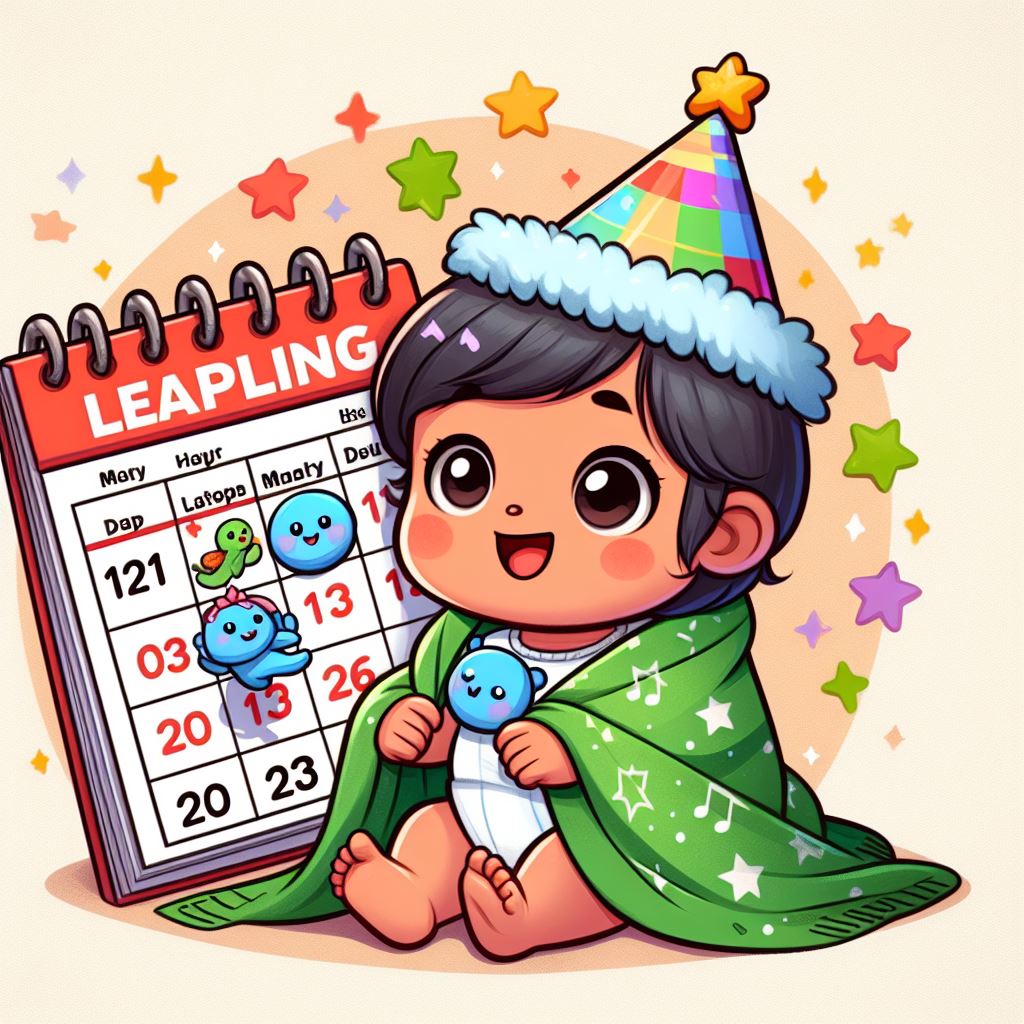 Leap years, occurring every four years, introduce an extra day to the calendar to align with the Earth’s orbit around the Sun. While most people celebrate their birthdays annually, those born on February 29th, known as “leaplings,” have a unique experience. This essay explores the fascinating implications and societal perceptions surrounding being born on a leap year, with a specific focus on South Africa.
Leap years, occurring every four years, introduce an extra day to the calendar to align with the Earth’s orbit around the Sun. While most people celebrate their birthdays annually, those born on February 29th, known as “leaplings,” have a unique experience. This essay explores the fascinating implications and societal perceptions surrounding being born on a leap year, with a specific focus on South Africa.
Leap Year Basics
The Gregorian calendar, widely used worldwide, consists of 365 days in a year. However, the Earth’s orbit around the Sun takes approximately 365.2422 days. To account for this discrepancy, an extra day is added to February every four years, resulting in a leap year with 366 days.
Leap Year Birthdays in South Africa
In South Africa, as in other countries, leaplings constitute a small but distinct group. According to the South African Department of Home Affairs, approximately 5,000 people are born on February 29th each year. This means that only about 0.01% of the South African population shares this unique birthday.
Legal Implications
Legally, leaplings in South Africa are considered to have their birthdays on February 28th during non-leap years. This is because South African law does not recognize February 29th as a valid date in non-leap years.
This can lead to certain legal complications, such as:
- Age calculation: Leap year babies may be considered a year younger in non-leap years, which can affect their eligibility for certain age-related activities or legal rights.
- Identification documents: Passports, driver’s licenses, and other identification documents may not list February 29th as a valid birthdate, leading to potential issues with verification.
Social Perceptions
In South Africa, leap year birthdays are often met with a mix of curiosity, amusement, and even skepticism. Some people believe that leaplings are special or have unique abilities, while others may question the validity of their birthdays.
This can lead to social challenges for leaplings, such as:
- Teasing and jokes: Leap year babies may face teasing or jokes about their unusual birthday, which can sometimes be hurtful.
- Exclusion from birthday celebrations: In some cases, leaplings may be excluded from birthday parties or celebrations held on February 28th, as their “real” birthday is technically not that day.
Coping Mechanisms
Despite the potential challenges, leaplings in South Africa have developed various coping mechanisms to navigate their unique birthday situation. These include:
- Celebrating on February 28th: Many leaplings choose to celebrate their birthdays on February 28th in non-leap years, even though it is not their legal birthdate.
- Having a “leap year party”: Some leaplings organize special parties or gatherings during leap years to celebrate their “real” birthdays.
- Embracing their uniqueness: Leap year babies often learn to embrace their unique birthday as a special and memorable occasion.
Notable South African Leap Year Babies
South Africa has produced several notable individuals who were born on February 29th. These include:
- Dr. Mamphela Ramphele: Former politician and anti-apartheid activist
- Dr. Max Price: Former Vice-Chancellor of the University of Cape Town
- Dr. Sizwe Madondo: Former CEO of the Council for Scientific and Industrial Research (CSIR)
These individuals have demonstrated that being born on a leap year does not limit one’s potential or achievements.
Cultural and Historical Significance
In some cultures, leap year birthdays are associated with superstition and folklore. For example, in Scottish folklore, it is believed that leaplings have the power to see fairies. In other cultures, leap year babies are thought to be particularly lucky or blessed.
In South Africa, there are no widespread cultural beliefs or traditions specifically associated with leap year birthdays. However, some individuals may hold personal beliefs or practices related to their unique birthdate.
Conclusion
Being born on a leap year is a unique and somewhat unusual experience. In South Africa, leaplings constitute a small but distinct group who navigate their special birthdays in various ways. While they may face certain legal and social challenges, they also embrace their uniqueness and find ways to celebrate their special day. Leap year birthdays serve as a reminder of the diversity and wonder of human existence, and the importance of celebrating our differences.
